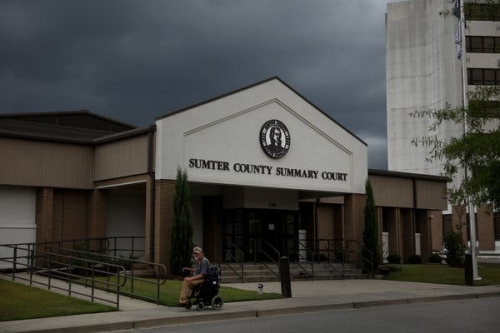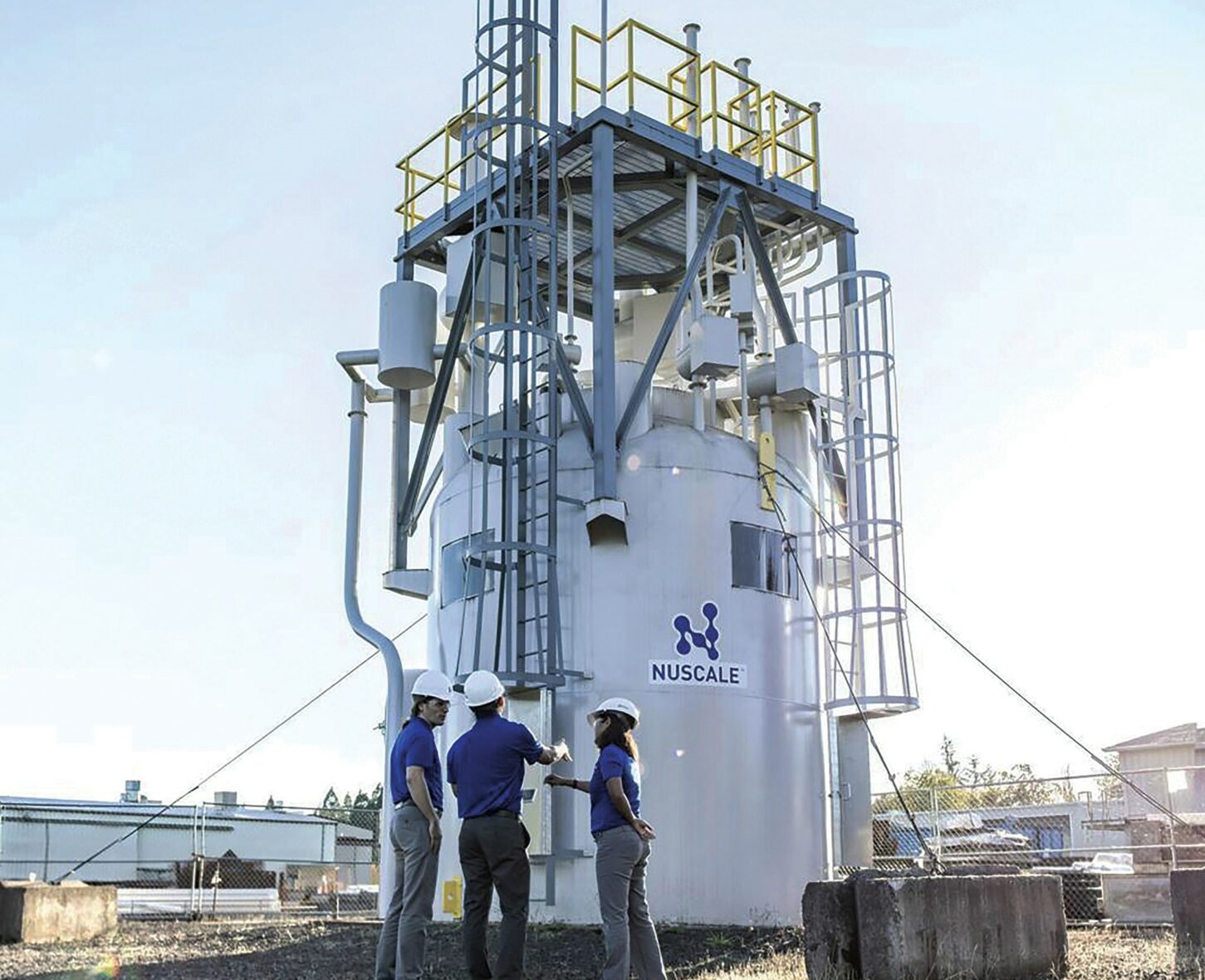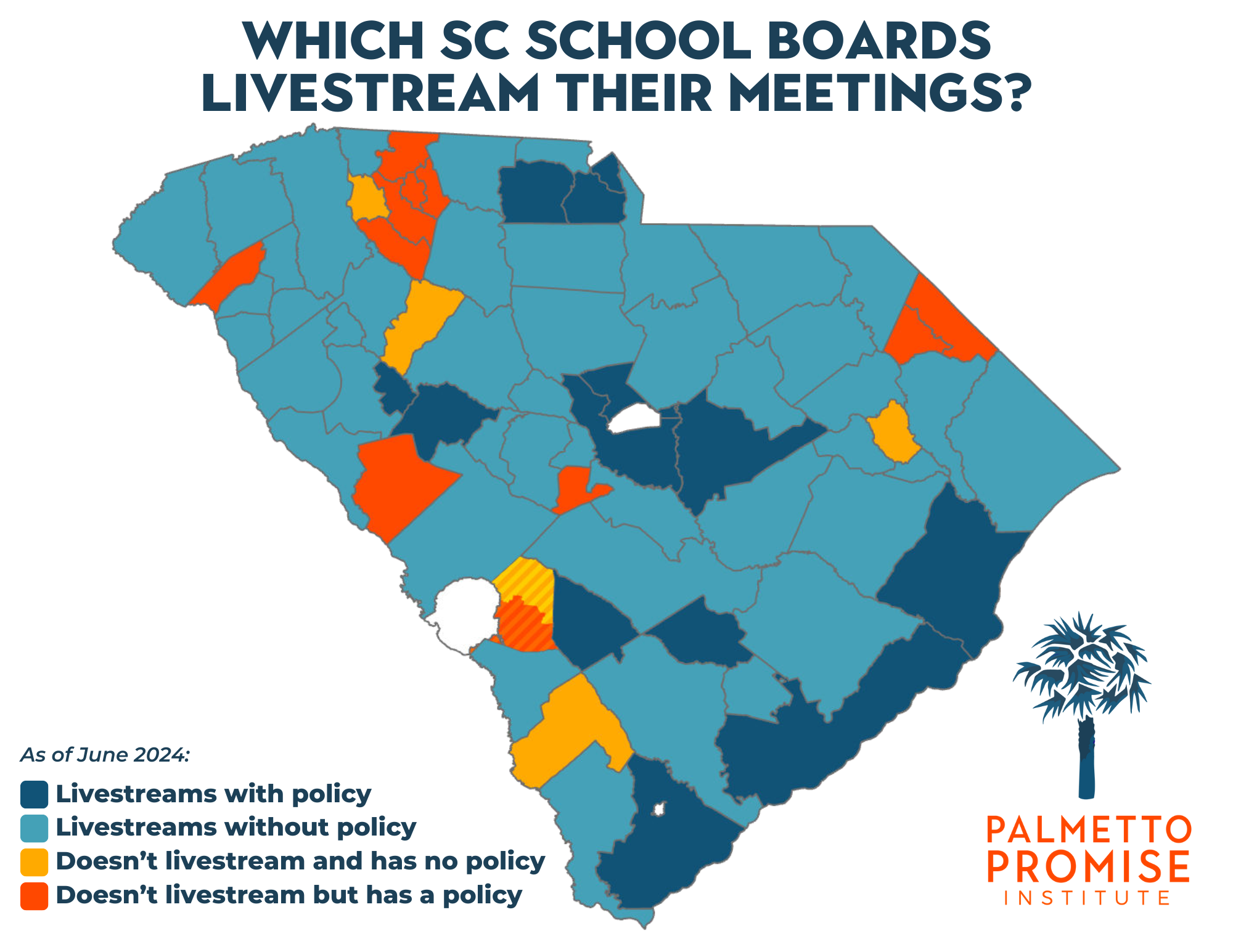What can be done to fix South Carolina’s broken magistrate system
South Carolina’s magistrate courts are some of the busiest in the state, hearing over 800,000 cases per year and touching more citizens than any other court in the South Carolina judicial system. Magistrates (also known as summary court judges) deal with civil disputes and misdemeanor criminal cases ranging from petty thefts and DUIs to domestic violence and assault. Though on the lowest rung of the judicial ladder, magistrates have the ability to hand down jail sentences. That makes their decisions as impactful as circuit courts, profoundly affecting the lives of citizens.
But South Carolina’s magistrate system is broken. Reporting by Joseph Cranney of The Post and Courier in 2019 revealed a system of corrupt appointments, insufficient legal training, and consistent miscarriages of justice by magistrates in South Carolina’s summary courts.
So, how did we get here?
South Carolina’s Constitution states that magistrates should be appointed by “the governor, by and with the advice and consent of the Senate.” But in practice, there is a history of rubberstamping nominees handpicked by local senators, without ever calling into question candidates’ records or qualifications.
To be deemed qualified for a summary court (magistrate) judgeship, a candidate must:
- Be eligible to vote in their county, have lived in SC for at least 5 years, be between the ages of 21 and 72, and possess a four-year college degree.
- Pass a test consisting of basic multiple-choice questions. Cranney’s reporting revealed that the test offered questions such as “which number is largest?” or “which time is latest?” After passing that test, potential magistrates receive a letter congratulating them on being qualified to be a magistrate, and they can be nominated by their local senator.
Oddly (or intentionally), there is no rule forbidding members of the General Assembly from appointing each other, former General Assembly members, or legislators’ family members as magistrates, an obvious opportunity for trading personal and political favors.
Insufficient Training
Once magistrates are appointed, they complete a 57.5 hour training intensive that essentially runs through “SC Law 101,” then sends them out to serve on the bench.
For the nearly three-fourths of South Carolina’s magistrates who do not possess a law degree, this five-day intensive and ten trial observations are the only legal training they have before they can make rulings on civil disputes and even send people to jail, forever altering lives.
This is not sufficient legal training for magistrates to understand their jobs; even the most well-intentioned judges misstep due to a lack of preparation. Basic legal practices are neglected, and citizens’ constitutional rights are violated as a result. While the lack of lawyers is understandable in rural counties where few residents have a juris doctorate (J.D.), it’s less so in more populated counties with no shortage of attorneys. South Carolina is one of only eight states that allow non-lawyer judges to sentence defendants to jail for misdemeanors without any opportunity for a new trial.
A 2019 bill by Senator Tom Davis (R-Beaufort) suggested that defendants sentenced to jail by a non-lawyer magistrate could request a new trial as a possible solution, a practice that fourteen other states employ. And an additional nine states, including Georgia, Alabama, and Tennessee, allow non-lawyer judges to preside only over civil matters.
No Accountability
Though the initial appointment process is a serious problem, the reappointment process may be in even greater need of reform.
South Carolina law requires that magistrates serve a four-year term. At the end of that term, they can be reappointed, or a new judge must be selected to fill that seat. However, judges are allowed to remain in office in holdover capacity until reappointment. This is convenient, as sometimes elections or paperwork can slow down the reappointment process. But many judges are never reappointed, serving years in holdover capacity, which means that they are not reexamined or overseen by anyone.
The Post and Courier found that 81 of South Carolina’s magistrates serve in holdover capacity.
When magistrates are eventually reappointed, they are not required to disclose their disciplinary record or complaints to the Office of Disciplinary Counsel, and many judges who have troubling records are reappointed with no questions asked.
Our Recommendations
In response to the Post and Courier’s revealing investigation in November 2019, Senators Tom Davis (R-Beaufort) and Tom Young (R-Aiken) filed S.903, entitled the “Magistrate Reform Act.” If passed, the bill would limit holdover terms, appoint magistrates upon the advice of a county’s entire legislative delegation, bolster training requirements, and constrain the power of non-lawyer judges. That bill never made it out of the Senate Judiciary Committee during the 2019-2020 legislative session, and the pandemic derailed other magistrate reforms as well.
In his 2021 State of the State address, Governor Henry McMaster expressed his support for magistrate reform, calling for all magistrates to be licensed attorneys, go through public hearings like circuit court judges, and receive an affirmative vote on the record by the entire Senate. Legislation filed in the 2021-22 legislative session barely touched on magistrates, and that which did, like S.246, did not gain any traction.
In 2023, lawmakers should pursue these necessary changes to South Carolina’s magistrate court system:
- Cap how long judges may serve in holdover capacity after their term expires
- Eliminate the useless qualification test and establish an action plan for ensuring all magistrates hold a J.D. in the near future
- Increase the level and quality of legal training for current and future non-lawyer magistrates
- Limit non-lawyer judges’ ability to sentence defendants to jail and allow those previously jailed by non-lawyer judges to request a new trial
- Fight corrupt appointments by preventing current or former General Assembly members or their families from being selected as magistrates
- Disclose judges’ disciplinary records to the full Senate during their reappointment applications
- Require on-the-record voting during the appointment process
In his Public Safety proposals to the 2023 General Assembly, Governor McMaster called for several of the reforms proposed here by Palmetto Promise. Legislative leaders are ready for 2023 to be the year that magistrate reform is finally addressed as well.
Magistrates touch more citizens than any other judge, and for the people of the Palmetto State to enjoy equal justice, the quality of these judicial officers must be enhanced.







